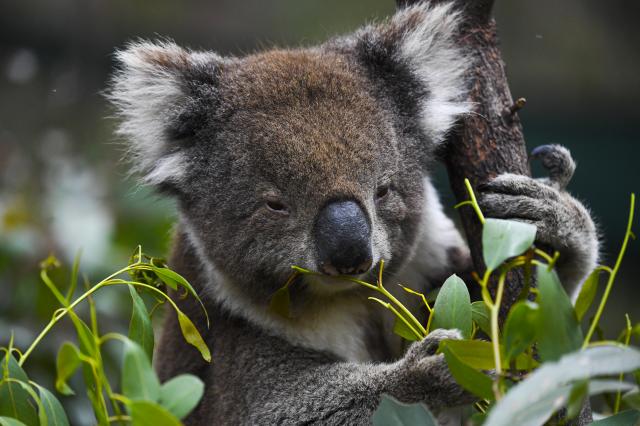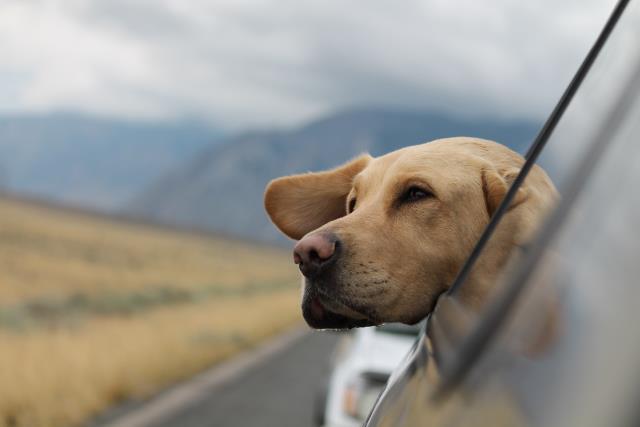The Department of Environment, Land, Water and Planning (DELWP) has advised Wyndham residents that wildlife can be affected by hot weather and may behave differently.
Wildlife exposed to prolonged heat often display a range of symptoms and can appear lethargic, disoriented or unresponsive.
Tree-dwelling and nocturnal wildlife such as possums and koalas may be seen on the ground in search of water if suffering from heat stress, while birds will often pant and stretch their wings to cool down.
Grey-headed flying-foxes are particularly prone to heat stress. They typically flap their wings and move down lower in the trees to escape heat from direct sunlight
Members of the community can assist wildlife during days of extreme heat by placing bowls of water out around your garden to help keep them hydrated.
Use the garden hose to spray mist into trees and shrubs to create cooler niches that they can use to escape the heat.
If you see wildlife resting in your garden, you should keep people and pets away and allow it to rest and recover. Noise should also be kept to a minimum.
You should not try to capture or handle wildlife. This may put them under additional stress or you could injure them. They may also bite or scratch you. Under no circumstances should you touch or handle a flying-fox as they can carry diseases that can be transmitted to humans.
For further information or to seek advice or assistance for wildlife suffering from heat stress, contact your local vet, a licensed wildlife shelter or rehabilitation organisation.
Details: https://www.wildlife.vic.gov.au/







